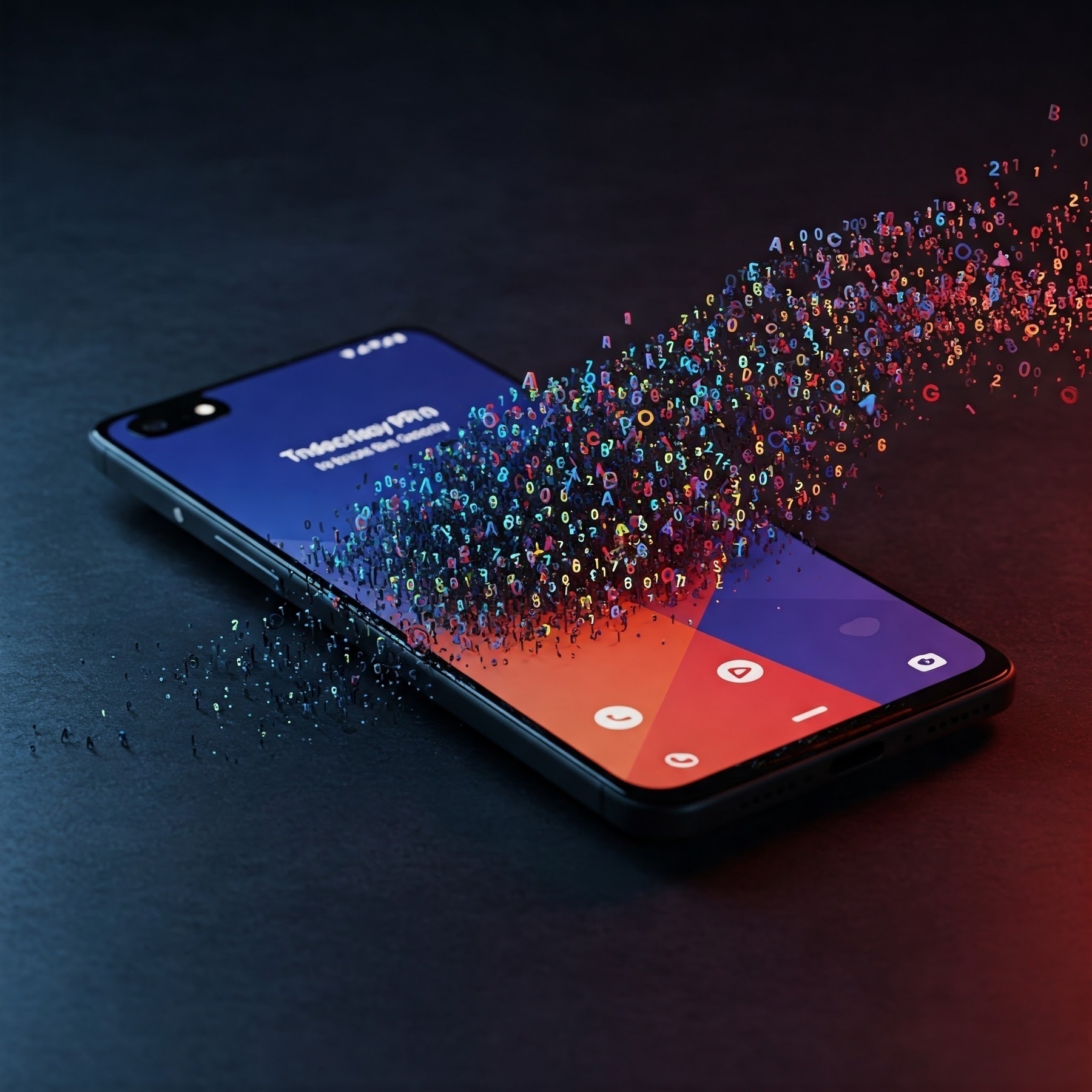Pixel's Paradox: AI Excellence, Innovation Apathy
I’ll admit, even I raised an eyebrow at the results of this Pixel poll. I mean, 4,700 people? That’s a decent sample size, I suppose. Still, the reasons they cited… well, let’s just say they weren’t exactly groundbreaking. Especially when you consider the iPhone juggernaut – you know, the one that’s seemingly glued to the hands of 50-60% of the US population (and growing, I’m sure). According to Counterpoint Research, as of Q4 2024.. But, I digress. Android Authority asked a simple question: ‘Why do you use a Pixel phone?’ And the answers… were revealing, to say the least.
Back in my day – and yes, I’m going to start this that way – Google’s Pixel line was the underdog. The scrappy kid on the block, fighting against the Samsungs and Apples of the world. They weren’t just selling a phone; they were selling the Android experience. Pure, unadulterated, straight from the source. Remember the Nexus days? (Those were the real Pixels, if you ask me.) Google promised us innovation, a camera that could rival the best, and software that was always one step ahead. And for a while, they delivered. But somewhere along the line – and I’m looking at you, Pixel 6 – things started to… stagnate. The competition caught up, and Google’s ‘exclusive’ features started feeling less ‘exclusive’ and more ‘finally catching up.’
So, what’s the big takeaway from this survey? Apparently, people buy Pixels for a laundry list of reasons: camera, exclusive features, safety, stock Android – the ‘all of the above’ crowd. And look, I get it. There’s a certain appeal to a phone that tries to do everything well. But here’s the thing: that’s not a strength yet, but it has the potential to be. Right now, it feels a bit like a jack-of-all-trades situation. The camera? Solid, reliable – but can it truly claim to be the best anymore? ‘Exclusive’ features? Some are genuinely useful, others… less so. Safety? Absolutely a plus, no argument there. And stock Android? A clean, bloat-free experience is always appreciated. But the question remains: where’s the spark? Where’s the innovation that made the early Pixels so exciting? They’re good, even very good – but they could be so much more.
Let’s be real, the AI features are where Google’s Pixel is still king – or at least, a solid prince. Magic Eraser? Magic Editor? Game changers. I’ve seen Apple’s attempt at a cleanup tool, and frankly, it’s like comparing a Picasso to a finger painting – impressive for a toddler, less so for a trillion-dollar company. And don’t even get me started on call screening and spam detection. Life before these features was like navigating a minefield of robocalls and sketchy texts. Now? It’s like having a personal assistant who actually knows what they’re doing. Then there’s the little things – the ‘Now Playing’ feature that identifies songs without you lifting a finger, the real-time translation that actually works in noisy environments, the way the camera just gets the right shot, even in tricky lighting. These aren’t just gimmicks; they’re genuinely useful AI-powered tools that make your life easier. And while the competition is scrambling to catch up, Google’s Pixel is still setting the pace. (Though, let’s be honest, they could still push the envelope a bit more. Imagine what they could do if they truly leaned into ‘Pixel Sense’ and integrated all those sensors and AI into a seamless, contextual experience…
So, where does this leave us? Pixel, in its current state, is a paradox. It’s a phone that excels at the mundane – the everyday tasks, the little annoyances that AI can smooth over. But it’s also a phone that’s lost its edge, its sense of daring. It’s become… safe. Too safe. And in a market that’s constantly evolving, constantly pushing boundaries, ‘safe’ is a death sentence. Google needs to remember what made Pixel special in the first place – the innovation, the willingness to take risks. They need to stop playing it safe and start pushing the envelope again. Because if they don’t, they’ll find themselves not just trailing behind the competition, but forgotten altogether. And that – that would be a tragedy."
